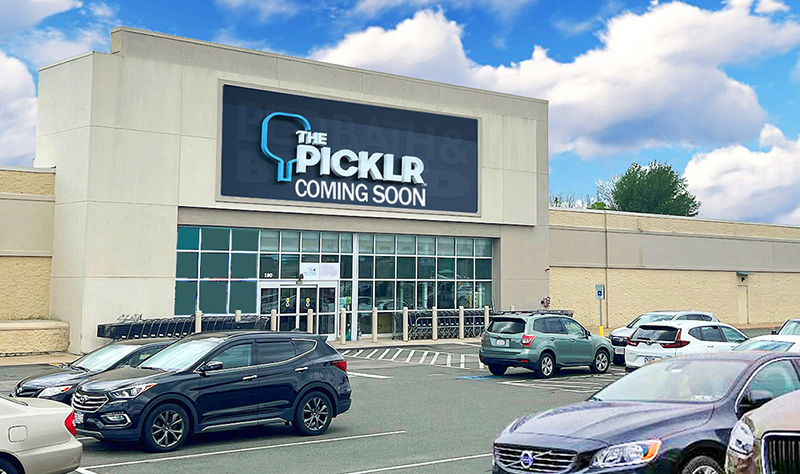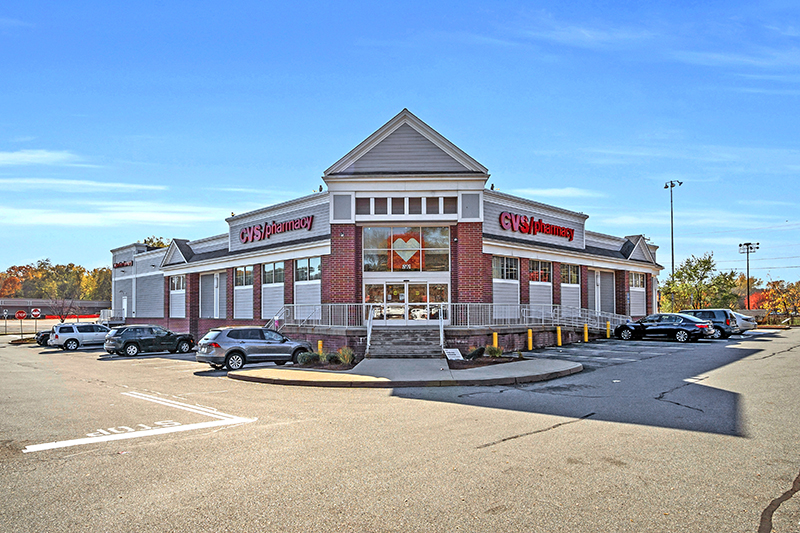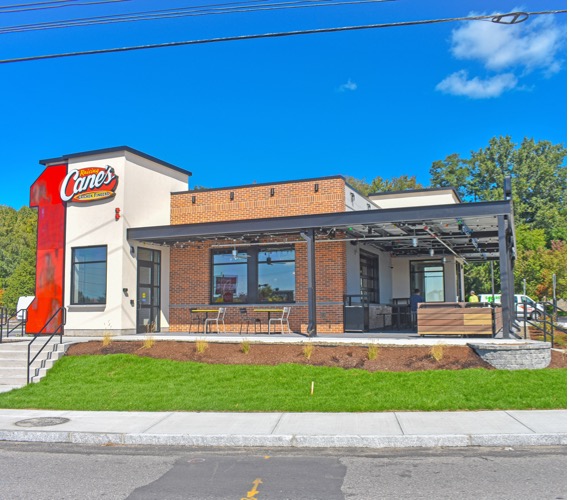Dining and drinking: Multiple small places in food halls or clusters - by Carol Todreas

Believe it or not, Massachusetts residents are spending $4,800 per year or $400.00 per month on takeout. This figure places the Commonwealth fifth highest in the country for food that is taken out of restaurants to eat at home. (This study by owner.com is based on data from the Bureau of Economic Analysis.)
So, if you are wondering why many restaurants have closed, this is certainly one big factor.
Takeout caught fire during the pandemic when consumer habits really changed. People preferred to stay at home rather than eat out. They were able to buy good food and spend less money by eating and drinking at home, while also staying safe from the pandemic.
Even though the pandemic days have passed, the comfort and relatively low budget for takeout continues to be appealing unless there is something special to do that is affordable, different, and also fun. People are not going out to spend big dollars for the same old places of yesteryear. New experiences are what they want.
One new and different concept in Boston bringing diners out is Craft Food Halls, communal dining spaces featuring a curated selection of food and beverage vendors in a relaxed and entertaining environment — a near-perfect fit for the changing preferences and budgets of post-pandemic diners.
Craft Food Halls have been popping up across Boston for a few years, with five currently in operation. These halls are large, informal spaces where specialty food vendors offer a variety of dining and drinking options. Moreover, what is special is that each food hall has its own unique vibe, reflecting the community and neighborhood it serves. For example, the Time Out Market in Fenway features a mix of local vendors in a contemporary, cool environment. High Street Place in the Financial District offers a more upscale experience with champagne vending machines and sleek, shiny vendor spaces, and Cambridge Craft Food Hall at Alewife has a down-home vibe with Adirondack chairs and rustic benches with artisanal pizza and beer.
The idea behind Craft Food Halls is to create a communal gathering spot for social interaction, making them more than just a place to eat — they’re a place to hang out and participate in events like live music, chef demonstrations, and wine tastings. Food options are diverse, providing something for all members of a family or other group whether they are craving New England classics like lobster rolls, international flavors like sushi, or just burgers and fries.
Sustainability and innovation are key components of Boston’s Craft Food Halls. Many vendors emphasize local and artisanal products, with eco-friendly packaging and ingredients from local farms. Some food halls provide space for innovation and experimentation like virtual kitchens or shared kitchen spaces for new chefs.
Boston’s Craft Food Halls fit well into the current city-wide initiative to reinvigorate the city’s nightlife and entertainment scene. This new program focuses on neighborhoods with incentives to create festivals, entertainment venues, and lively commercial streets specifically for evening activities. Happily, this includes making it easier to obtain alcoholic beverage permits and licenses.
If successful, businesses will stay open into the evening, bringing more revenue to the business and taxes for the city. Moreover, it might create a trend and stimulate similar action in other cities and towns in the region.
At the end of the day, Boston’s Craft Food Halls are about creating new and different, affordable dining and entertainment options and making them local in each location. The food hall concept should also energize new chefs and owners to bring new concepts to market. In many ways, eating out is entertainment without doing the dishes, and once people sample the joys, there is no turning back.
It is a new era, and we should rethink the large, high-rent restaurants with smaller-spaced new concepts. This way, rents can be lower, as well as prices for the consumer. It is also more interesting to have several small specialty restaurants close together than one big restaurant with rows of tables and chairs and no special ambiance. Food halls are just the beginning.
Carol Todreas is retail consultant for Todreas Hanley Associates, Cambridge, Mass.
Mace of KeyPoint Partners negotiates 36,192 s/f lease for The Picklr at Endicott Square
Danvers, MA KeyPoint Partners (KPP) negotiated a lease with the nation’s premier indoor pickleball venue The Picklr at Endicott Sq. Vice president of retail brokerage Don Mace negotiated the transaction on behalf of the landlord.




.jpg)


.png)
